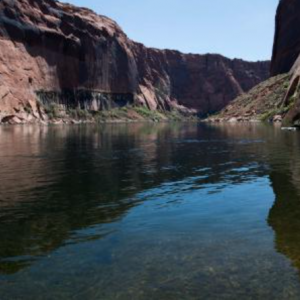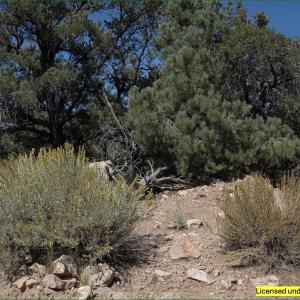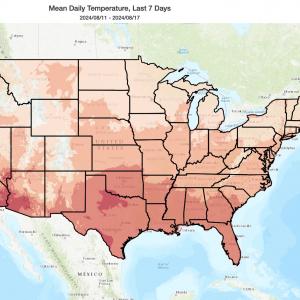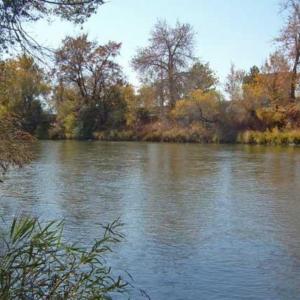News
Dr. Christy Miller Hesed recognized by CIRES!
Congratulations to our regional climate adaptation scientist for NC CASC, Dr. Christy Miller Hesed, who was recently recognized by CIRES! She is passionate about using social science to learn how climate change impacts communities and identify ways to address climate injustice.
The Social Side of Sagebrush
How can we promote human well-being by better understanding the connections between social and ecological systems? What new challenges and opportunities does climate change create for managing such interdependent social and ecological systems? These questions were pondered when, on two hot days in late August of 2024...
The 2024 Rapid Climate Assessment Program
The NC CASC Rapid Climate Assessment Program (RCAP) aims to create a series of Rapid Climate Assessments (RCAs) which are a synthesis of science information that can be used as a baseline for further research and a foundation for future stakeholder engagement.
Great Plains Tribal Water Alliance Conference
REMINDER: The Great Plains Tribal Water Alliance's Water and Climate Conference will take place on September 18-19, 2024, at Royal River Casino in Flandreau, SD. This gathering will bring together Tribal leaders, experts, and community members to explore Indigenous perspectives...
New Publication on Riparian Refugia
A new research paper, featuring USGS and NC CASC scientists, is now out, using projected climate conditions to map future riparian refugia. Identifying areas likely to remain insulated from climate change and sustain biodiversity and ecological function (known as climate refugia) is crucial for climate adaptation planning.












